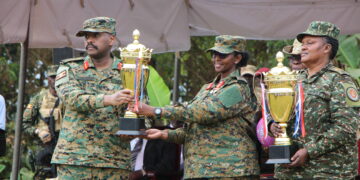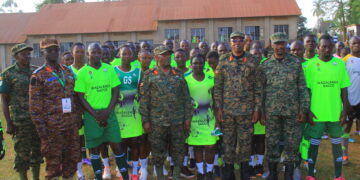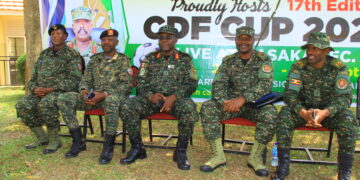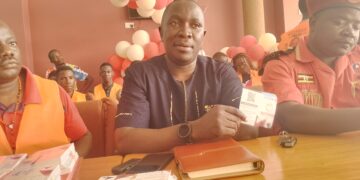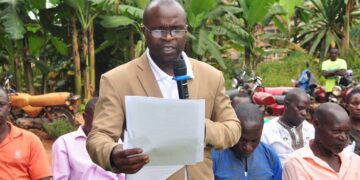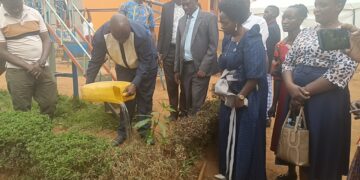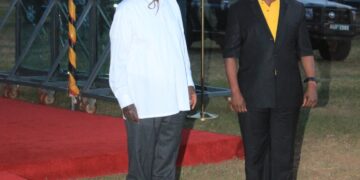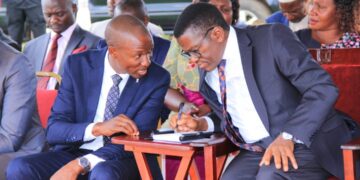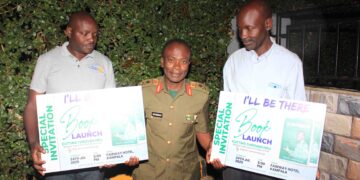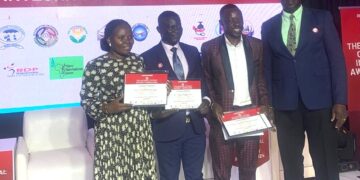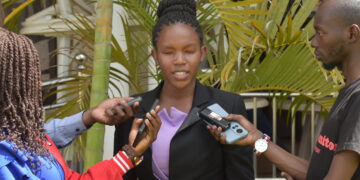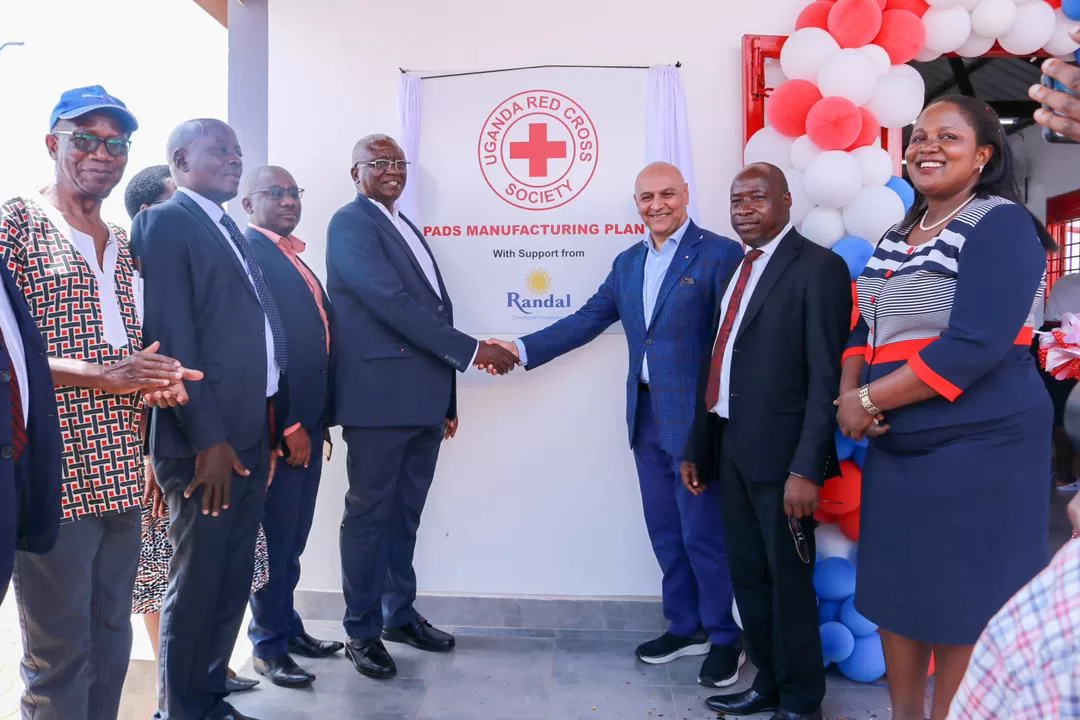The Judiciary has launched a two-week initiative known as Settlement Fortnight, aimed at promoting alternative dispute resolution and improving access to justice through mediation.
Speaking to the media in Kampala on Monday, Deputy Chief Justice Dr. Flavian Zeija announced the start of the exercise, which will run from June 16 to June 27, 2025.
He was accompanied by Constitutional Court Justice Geoffrey Kiryabwire and the Registrar in Charge of Alternative Dispute Resolution, Her Worship Zulaika Nanteza.
The initiative, supported by the United Nations Development Programme (UNDP), is being conducted in nine courts across the country. It seeks to fast-track the resolution of civil disputes without resorting to lengthy formal trials.
“This is a dedicated two-week exercise aimed at fast-tracking mediation as a tool for resolving civil disputes outside of formal trial,” Dr. Zeija said. He revealed that 513 civil, family, land, and commercial cases already filed in court have been identified by judicial officers as suitable for mediation. The Judiciary hopes to resolve at least 300 of these during the fortnight.
Participating courts include the Court of Appeal, Commercial Division, Family Division, Mukono High Court, Fort Portal High Court, and the Chief Magistrates Courts of Mengo, Makindye, Nabweru, and Fort Portal.
Dr. Zeija noted that the mediation sessions are being facilitated by a combination of sitting judicial officers, retired judges and justices, and court-accredited mediators. These include his predecessor, former Deputy Chief Justice Richard Buteera.
He emphasized that the initiative is part of the Judiciary’s broader strategy to reduce case backlog, promote amicable dispute resolution, and restore public confidence in the justice system.
“Even if your case was not selected during this fortnight, you are encouraged to request a referral for mediation through your court. Mediation is now part of regular case management,” he said.
In addition to civil mediation, the Judiciary is also promoting access to justice in criminal matters through plea bargaining camps. One such camp was recently held at Nakasongola Prison, with others scheduled at Gulu Prison on June 23 and Lira Main Prison on June 25.
Dr. Zeija thanked the UNDP and other stakeholders for their continued support. He stressed that mediation is not only about settling disputes, but also about healing relationships and making justice more accessible.
“Settlement Fortnight is about restoring relationships, promoting reconciliation, and bringing justice closer to the people,” he said.
Justice Geoffrey Kiryabwire echoed these sentiments and called for greater public understanding of plea bargaining and restorative justice. He urged Ugandans to separate emotion from the true purpose of justice, especially in criminal cases involving serious offences such as murder.
He noted that many people wrongly believe justice is only served when punishment mirrors the crime. He argued that such a view is emotionally driven and inconsistent with the core principles of justice.
“Those who admit guilt and take responsibility should not be treated the same as those who deny wrongdoing. Restorative justice focuses on addressing harm while creating room for rehabilitation,” he explained.
Justice Kiryabwire also pointed out the rehabilitative potential of Uganda’s prison system. He cited the case of Susan Kigula, a former death row inmate who earned a Bachelor of Laws degree while serving her sentence.
He concluded by urging that justice be delivered in a way that acknowledges the pain caused by crime while still allowing for personal reform and rehabilitation.




